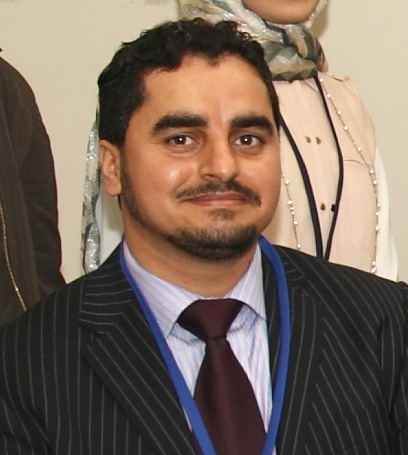In recent years, the Gulf Corporation Council (GCC) countries have witnessed a paradigm shift in their standard of living, populations, life expectancy and higher rate of chronic diseases. Furthermore, the recent changes in political systems, epidemiological patterns, demographic transition, technological trends as well as health care systems requires the GCC states a systematic approach to address current and future challenges. The escalating healthcare cost is not sustainable using the current government-funded approach. Therefore, a healthcare reform is needed. In light of the above, one might ask the questions are the GCC healthcare systems ready for these challenges? If so, what are their policies and strategies? What is the role of private sector in addressing some of the challenges of the looming epidemic of cardiovascular diseases and cancer etc.? What is the expectation of customers, are they satisfied? Moreover, rapid developments in genomic medicine and medical technology remains a key force in building an effective healthcare delivery in a system that cannot always meet the challenges engendered by the rise of lifestyle ailments. An example of the scale of one of the healthcare problems in the GCC region is non-communicable diseases (NCDs). In the Sultanate of Oman, more than 75% of the disease burden is attributable to NCDs as the leading cause of death. The distribution of chronic diseases and related risk factors among the general population is similar to that of industrialized nations: 12% of the population has diabetes, 30% is overweight, 20% is obese, 41% has high cholesterol, and 21% has a metabolic syndrome (Al-Lawati et al, 2008). To address these and other NCDs, there is a need for regional coordinated and systematic plans involving various stakeholders (from clinicians to politicians through hospital managers and the public) using combination of strategies to address health determinant and risk factors. There might be a need for Healthcare Challenges in the Gulf Region a radical solution different from the current approaches which might not be appear to be cost effective as current approaches. Since GCC governments cover over 75% of the total regional healthcare expenditure, effective public health services are essential. Capacity building is important for the development of comprehensive, patient-focused health systems which make optimal use of new technology, share information, provide transparency and apply research to practice. Applying information and communication technology (ICT) enables providers to deliver faster, safer and more efficient citizen-centred health care (Duffy et al, 2003). With this, the need for the creation of a knowledge-based society is an effective tool in both promoting public health awareness and responding to public health needs. One of the key challenges to the GCC healthcare system is the shortage of qualified medical workforce. With the predicted increase in population and hence an increase in healthcare requirement, disease complexity, advances in technology etc. the need for a qualified healthcare workforce is seen as a crucial factor in delivering healthcare solutions. Healthcare managers must tackle these multiple challenges by balancing cost, quality and access in a manner that is both sustainable and consistent with changing social values and political goals. This necessitates a thorough and robust workforce planning with greater flexibility in career structure and adoption of new roles such as the nurse practitioners or physician assistants seen in the UK and USA and ways of working
3 DAYS / 12 Workshops
MORE THAN 300 ACADEMIC PAPERS
The workshop hopes to attract healthcare experts, physicians, and academics interested in issues of healthcare in the Gulf. We welcome case studies and cross-sectional papers. Topics that could be tackled in the workshop include, but are not limited to:
Current and future healthcare challenges and opportunities in GCC
Factors driving health-care demand in GCC
Insurance and funding for Healthcare access in GCC
Innovation in healthcare delivery
Healthcare policies, systems and decision making in healthcare
Workforce planning and training
Hospital capacity planning
Inherited / congenital defects in the Gulf

